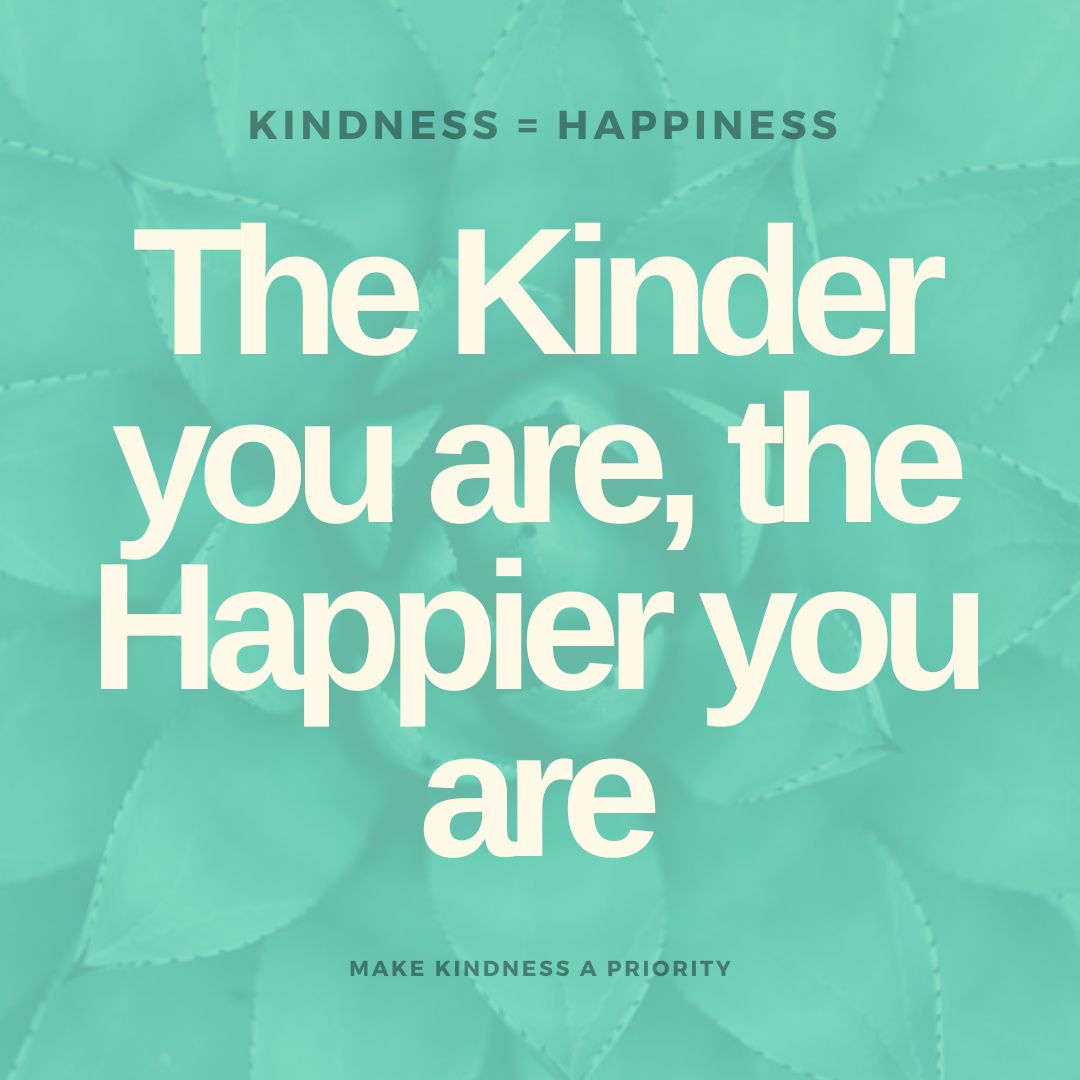
by Bullying Speaker | Sep 25, 2025 | Bullying Prevention, Elementary School Assemblies
School Assembly on Kindness: Why Fabian Ramirez is the Perfect Speaker When schools plan a School Assembly on Kindness, they are investing in more than just a one-time event. Schools have an opportunity to shape the culture of their campus. One of the most powerful...

by Bullying Speaker | Feb 8, 2025 | Bullying Prevention, Elementary School Assemblies
Kindness is a powerful force that can transform a school environment. When students practice kindness toward each other, they experience increased happiness themselves. Research shows that acts of kindness boost serotonin and dopamine levels in the brain. These...

by Bullying Speaker | Feb 3, 2025 | Elementary School Assemblies
Should your Elementary school host a school assembly? Bullying is an issue that affects students across the nation, and addressing it effectively requires a proactive approach. One of the most impactful methods to combat bullying in schools is through engaging and...

by Bullying Speaker | Aug 21, 2021 | Elementary School Assemblies
School assemblies, especially those that include the family, are vital in building a strong school community. Setting up for school assembly is not a mere fun activity, but it also comes with many activities to perform that sometimes become hectic. Many factors,...
by Bullying Speaker | May 9, 2011 | Elementary School Assemblies
Don’t be a bullydog On May 4th, I was able to visit a couple of schools in Kilgore, TX. I spoke to over 300 third graders at Chandler Elementary. One thing I learned from that experience is that students know what bullying is and how it makes others feel....
by Bullying Speaker | Apr 1, 2010 | Elementary School Assemblies
Lately I have had the opportunity to speak at elementary schools. It’s an honor for me to speak to students no matter what their age. Elementary students have so much energy that it bounces off of me when I speak. When i’m on stage I like to interact with...





